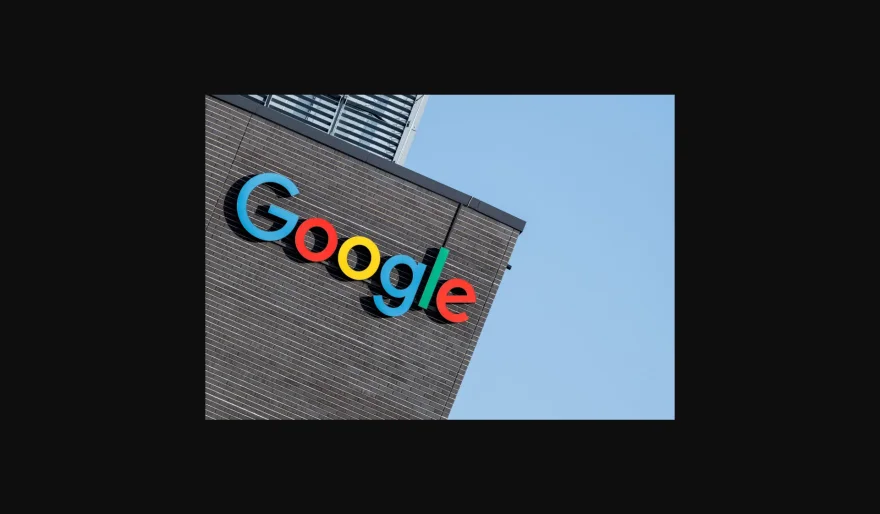Stay Ahead of the Curve
Latest AI news, expert analysis, bold opinions, and key trends — delivered to your inbox.
Google Launches NotebookLM Apps for Android and iOS, Just Ahead of I/O 2025
4 min read Google has launched NotebookLM on Android and iOS, bringing its AI-powered research assistant to mobile users for the first time, just ahead of Google I/O 2025. May 20, 2025 13:00
In a strategic move timed just before its annual developer conference, Google has officially rolled out mobile apps for NotebookLM, its AI-powered research and note-taking assistant. Previously available only on desktop since its initial debut in 2023, the tool now lands on Android and iOS, signaling Google's intent to push generative AI deeper into everyday productivity.
AI Research Assistant, Now in Your Pocket
NotebookLM isn’t just another note-taking app — it’s built as a personal AI research assistant. Users can upload documents, PDFs, notes, and even link Google Docs, and then interact with the content using natural language. Want a summary? Just ask. Need to extract insights or clarify a dense section of text? NotebookLM can do that too.
With the mobile release, this capability becomes untethered from the desktop. Whether you're in a meeting, reading a paper on the train, or prepping for a presentation at a coffee shop, NotebookLM brings real-time AI assistance to your fingertips.
Built for Deep Work, Not Just Quick Notes
Unlike lightweight note apps focused on simple to-dos or text capture, NotebookLM is optimized for understanding complex information. It’s a research companion, not just a scratchpad. For students, journalists, researchers, and knowledge workers, it can function as a semantic layer over dense reading material, enabling users to ask contextual questions, generate summaries, or connect concepts across documents.
The AI behind NotebookLM is designed to stay source-grounded — meaning, it limits its answers to the user’s uploaded content to reduce hallucination and increase reliability. This is a big deal in a time when trust in AI output is under scrutiny.
Why Mobile, Why Now?
The timing is no accident. With Google I/O 2025 kicking off tomorrow, the early release serves as a teaser for what’s likely to be a broader conversation about on-device AI, mobile productivity, and context-aware computing.
By moving NotebookLM to mobile, Google is not only expanding access but also future-proofing the app for integrations with other mobile workflows — like capturing photos of handwritten notes, voice memos, or syncing with mobile Google Docs.
Expect this launch to be the beginning, not the end. Deeper integrations with Gemini (Google’s flagship AI model), offline capabilities, and cross-app AI agents are likely on the horizon.
Bottom Line:
NotebookLM’s mobile debut isn’t just about convenience — it marks a step toward AI-assisted cognition on the go. In a saturated field of note apps, Google is betting that intelligence, not just organization, will define the future of personal knowledge tools.



















 AI Agents
AI Agents